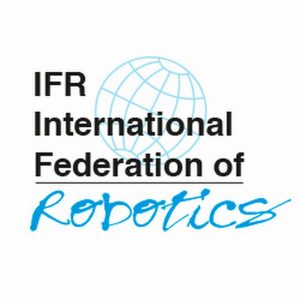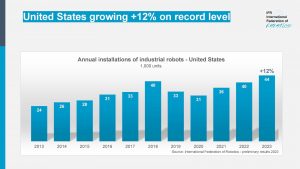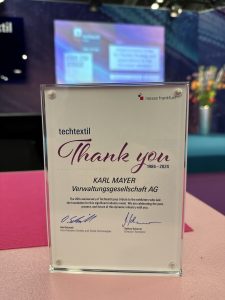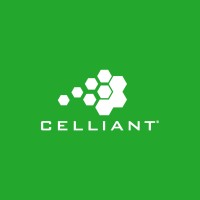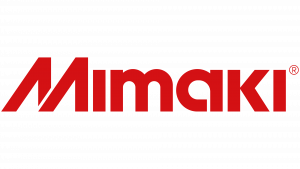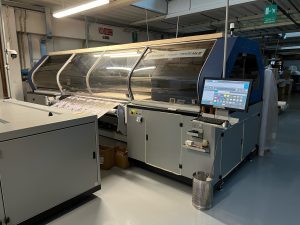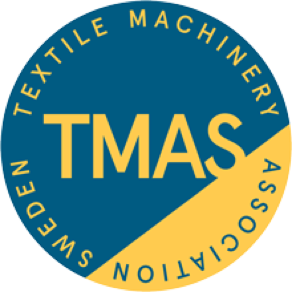 STOCKHOLM, Sweden — May 1, 2024 — Vandewiele Sweden is spearheading a transformation in B2B operations for the industry, with a first-of-its-kind new e-commerce platform developed in Sweden.
STOCKHOLM, Sweden — May 1, 2024 — Vandewiele Sweden is spearheading a transformation in B2B operations for the industry, with a first-of-its-kind new e-commerce platform developed in Sweden.
The company, a member of TMAS, the Swedish Textile Machinery Association, has taken on the task of developing the digital solution that will successfully meet the future demands for Vandewiele Group customers worldwide.
Coherent dialogue
“One of the primary challenges faced with B2B sites, is in building a coherent online narrative for products that have traditionally relied on in-person dialogue,” explained Henrik Kruse, Vandewiele Sweden’s Area Sales Manager, who led the development team. “Another challenge, of course, is that every customer should have a positive experience regardless of where they are in the world and via whatever internet connection they are operating with.”
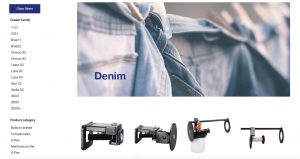
Addressing this, the Vandewiele Sweden team has developed a user-friendly interface that exploits the latest “exploding view” diagrams to ensure customers can easily identify and order the components they need, all within a 1:1 digital representation. The next stage in 3D technology is set up and ready, although it awaits implementation and market readiness to fully integrate and utilize its features.
“The trend today is to bring our behavior from home to the workplace, which is especially true for the younger generation,” Kruse said. “This means that the B2B textile sector needs to rethink its offer. While the pandemic catalyzed digital transformations across industries, Vandewiele has been at the forefront in recognizing the need for accessibility and added value for customers, despite the industry’s traditional nature.”
Focus on core products and clientele
Adopting a phased approach, the company is initially introducing its IRO-branded accessories, spare parts and gauge parts, targeting textile mills, weavers and distributors. The platform has been carefully crafted to cater to the varying needs of its diverse clientele, offering streamlined direct sales and a transparent commission structure for agents and distributors.
“With this project we need to walk before we can run,” Kruse explains. “The foundation is an advanced, user-friendly web shop for the customer that prioritizes function and simplicity. The initial focus has been on products where there are few variables and thus no possibility of making the wrong selection. However, in the not too distant future we will test with machines that can fit this digital format.”
With an ambitious logistics promise of 48-hour dispatch, Vandewiele is set to revolutionise service standards. Leveraging third-party payment service providers like Nets, the company assures speed and reliability, fostering trust and efficiency in every transaction.
”This initiative underscores our commitment to not only meeting but exceeding the evolving demands of our global customers, ensuring that we stay at the forefront of technological advancement,” Henrik concluded.
Launch in April 2024
Scheduled for launch in April, Vandewiele stands ready to introduce its new e-commerce solution to key markets, including Scandinavia, the Baltics, parts of Europe, Turkey, and India.
“We are anticipating a significant shift towards online sales in the coming years, enabled by AI, automation and generative tools that will play a significant role in shaping the future of textile machinery sales,” said TMAS Secretary General Therese Premler-Andersson. “Through such forward looking initiatives our industry is dedicated to exceeding the needs of customers across the globe.”
The new platform, iroonline.com, is now live for preview. Vandewiele extends an invitation to all potential clients to register and experience the future of textile machinery commerce.
Posted: May 1, 2024
Source: Vandewiele Sweden, a member of TMAS, the Swedish Textile Machinery Association





